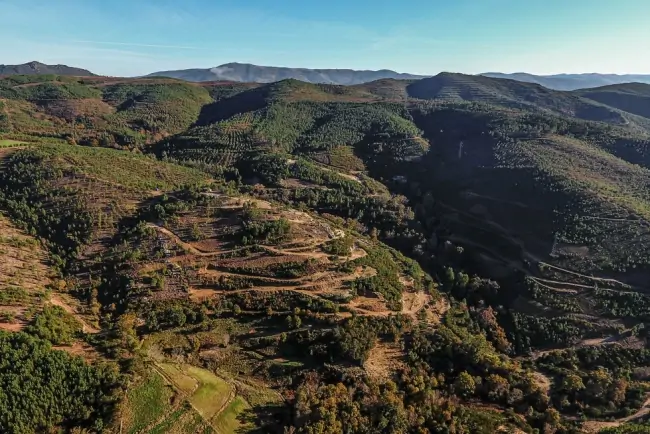Zambia asks mines to curtail normal power use by 40% amid crunch
Zambia has asked mining companies in Africa’s second-biggest copper producer to double their power-saving efforts to 40% of normal demand, as the worst drought in decades saps hydroelectric generation.

Zesco Ltd., the state power utility, requested operators to increase curtailments or source their own emergency power from this month, according to First Quantum Minerals Ltd., which accounts for more than half of Zambia’s copper output.
Zesco didn’t respond to a requst for comment.
Because First Quantum has managed to cover more than half of its normal power demand mostly from imports, that’s allowed for a reduced burden on the other mining customers to around 35%, Country Director Anthony Mukutuma said in an interview Thursday.
“That’s really our proactive way of making sure that we are set up better for the rest of the year,” he said, adding that the company is sourcing emergency electricity mainly from Namibia and Mozambique. “If things should get worse, that way we’ve still got our direct imports.”
While he declined to comment on whether the worsening power crisis would impact production — First Quantum in April it didn’t foresee any major interruptions — Mukutuma said sourcing more expensive power would add on average $0.06 per pound of copper to basic cash costs spread over 2024. That’s twice the impact the company saw in April.
Copper is crucial to Zambia. The industry generates about 70% of export earnings, so the government has sought to shield mines from the power crisis. Residential electricity users endure daily power cuts lasting at least 12 hours.
Production has so far been stable thanks to co-operation between the mining industry and the government, said Sokwani Chilembo, chief executive officer at the Zambia Chamber of Mines. So far, power imports from neighboring countries has helped prevent major disruptions, he said by phone Friday.
“We’d have to see how things roll out into the fourth quarter,” he said. “The regional arrangements are robust for now.”
First Quantum is also backing plans for private power companies to build renewable electricity projects in Zambia. The company plans to conclude a power-purchase agreement with a group including TotalEnergies SE for wind and solar projects that will produce a combined 430 megawatts by late 2027, Mukutuma said.
It also looking to partner with developers of 50 megawatts of hydropower projects in parts of Zambia away from existing plants to diversify risks, he said.














